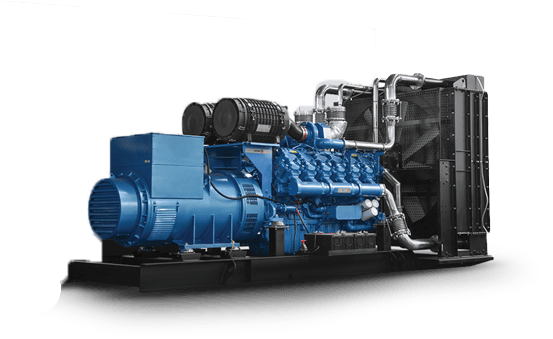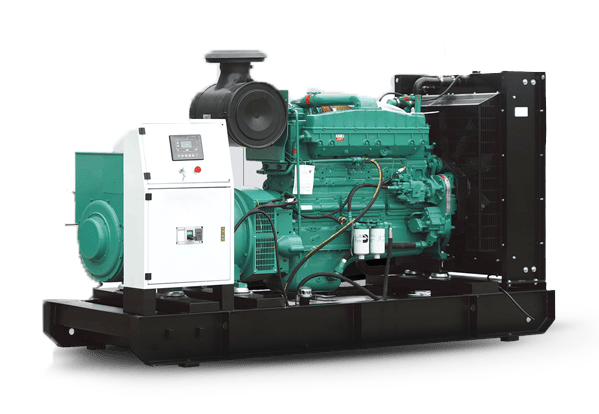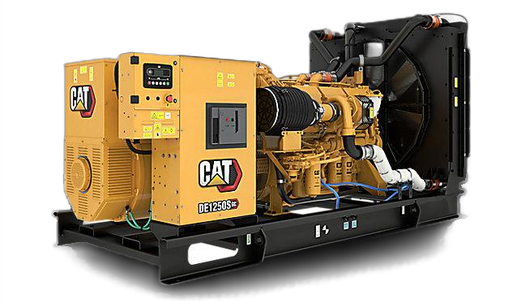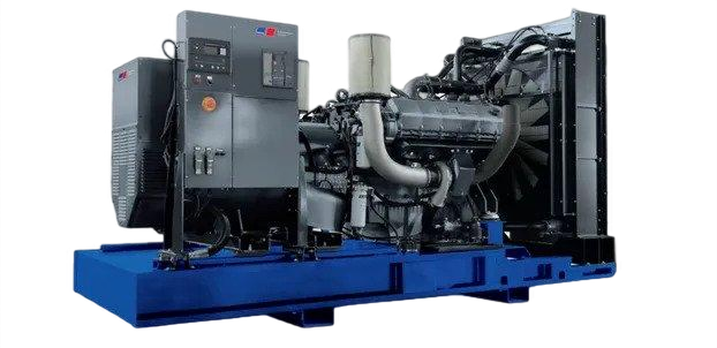Generator Set
An Generator Set, also known as a genset, is a type of power generation equipment that combines an internal combustion engine with an electric generator to produce electricity. The engine typically runs on a fuel such as diesel or natural gas, and it is connected to the generator through a coupling mechanism. The engine-generator is commonly used as a backup or emergency power source for buildings, hospitals, data centers, and other critical infrastructure. It can also be used as a primary power source in remote locations where there is no access to a power grid. Engine-generators come in a variety of sizes and capacities, ranging from small portable units that can power a few household appliances to large industrial units that can provide power to entire communities. They can be designed to operate with different levels of efficiency and emissions. Generally, engine-generators play an important role in providing reliable and flexible power generation solutions for a wide range of applications. One of the key advantages of engine-generators is their versatility and flexibility. Engine-generators are highly portable and can be easily transported to different locations as needed. Another advantage of engine-generators is their ability to provide power quickly and reliably. In the event of a power outage or other emergency, an engine-generator can be started up quickly to provide power to critical systems and equipment. This can help prevent downtime, equipment damage, and other costly disruptions.
Engine-generators have their own unique advantages and disadvantages compared to other power generation solutions, such as renewable energy sources and grid-connected power. Here are a few key comparisons:
Compared to renewable energy sources:
- Engine-generators can provide power on demand, whereas renewable sources such as solar and wind are dependent on weather conditions and may not be available when needed.
- Engine-generators can be used as a backup power source when renewable sources are not available or do not provide enough power.
- However, renewable sources are generally considered to be cleaner and more sustainable than engine-generators, which produce emissions and rely on non-renewable fuel sources.
Compared to grid-connected power:
- Engine-generators can provide power in areas where there is no access to a power grid or during power outages when grid power is not available.
- Engine-generators can be used to supplement grid power during peak demand periods or when the grid is under strain.
- However, engine-generators require fuel and maintenance, whereas grid power does not require fuel and is generally more reliable.
- Engine-generators also produce emissions, whereas grid power can be generated from cleaner sources.
Compared to other power generation solutions:
- Engine-generators are generally more flexible and portable than other power generation solutions such as large-scale power plants.
- Engine-generators can be used as a primary or backup power source, whereas other solutions may be more specialized.
- However, engine-generators may be less efficient than other solutions and may not be suitable for large-scale power generation.
We as bav sceince and industry group are leading manufacturer of gensets, providing a comprehensive range of power solutions to meet diverse applications. Among our extensive offerings, we are proud to introduce our gensets in two distinct configurations: Enclosed Set and Open Set.
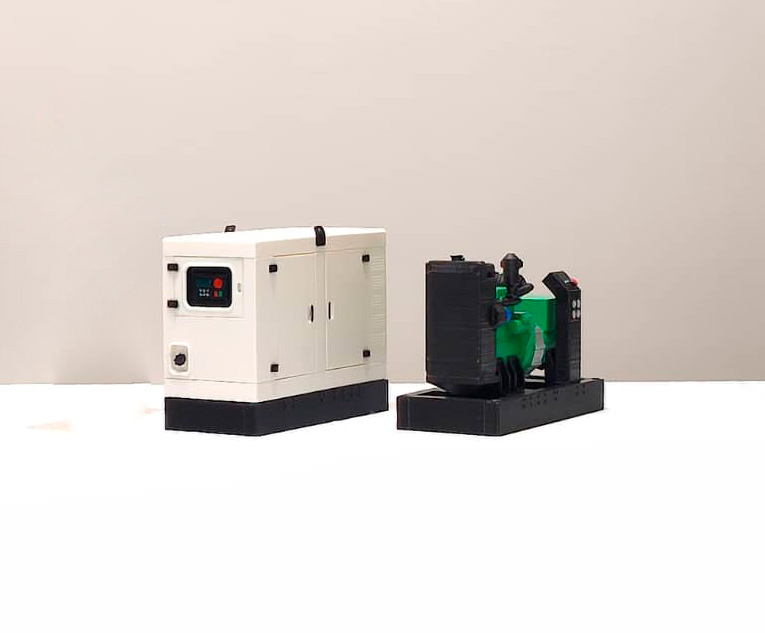
PERKINS Generator Set
generator set output
FROM
TO




